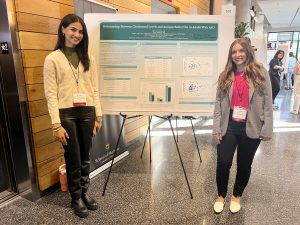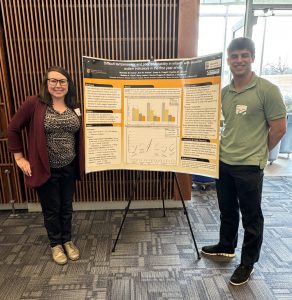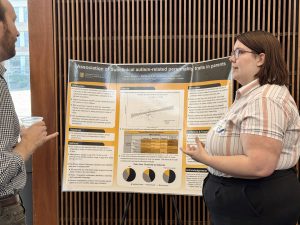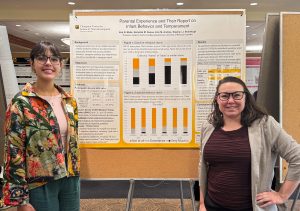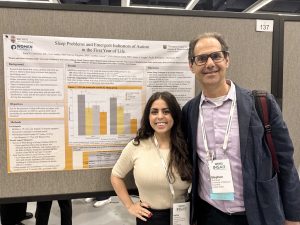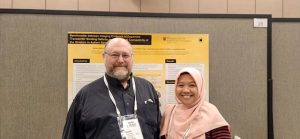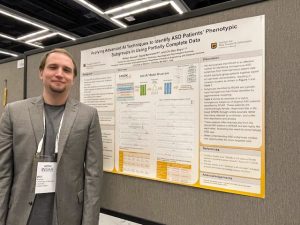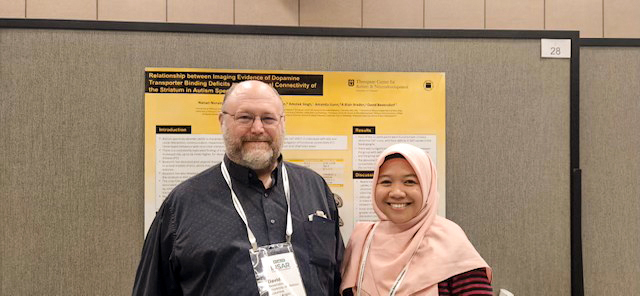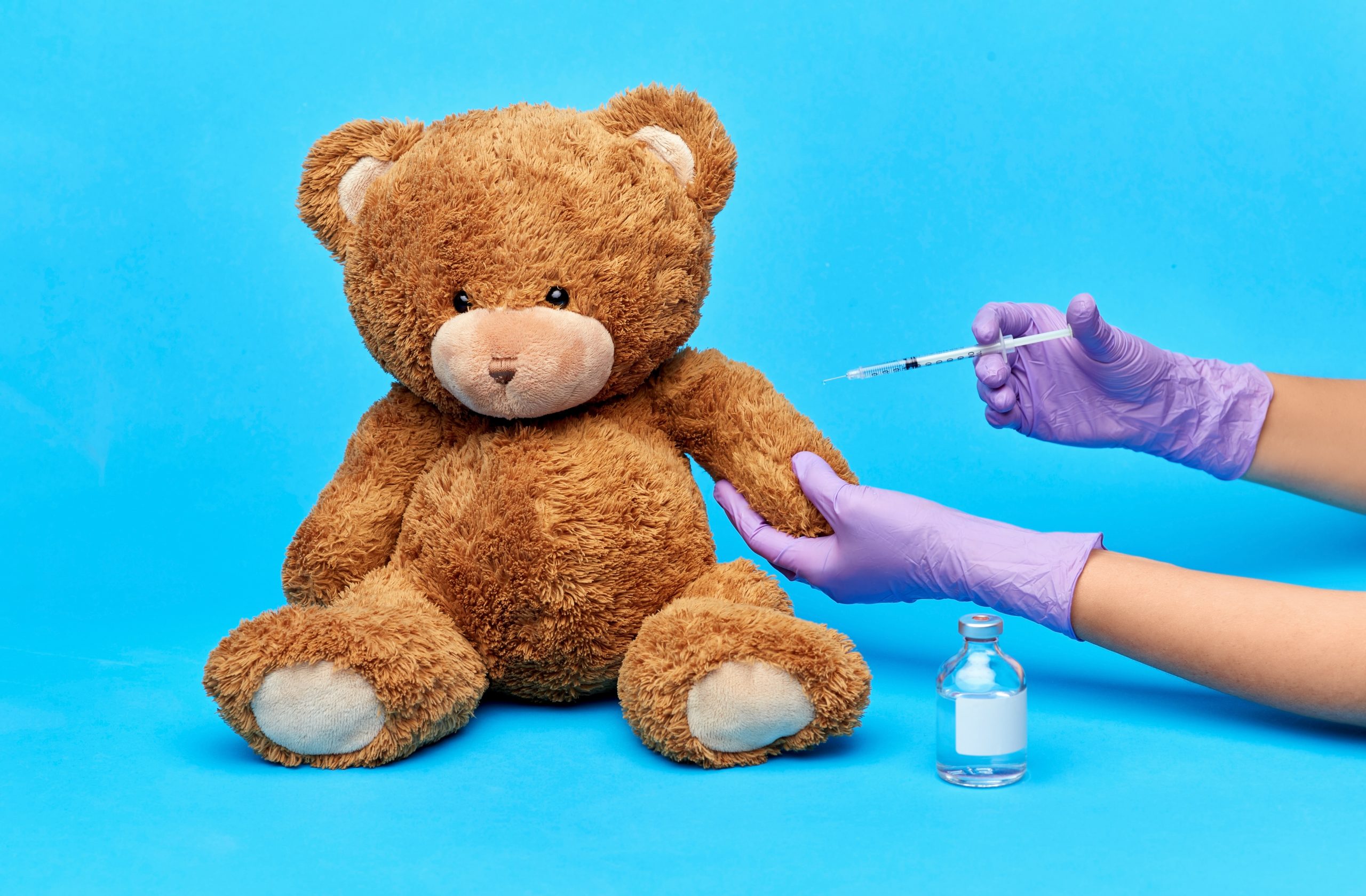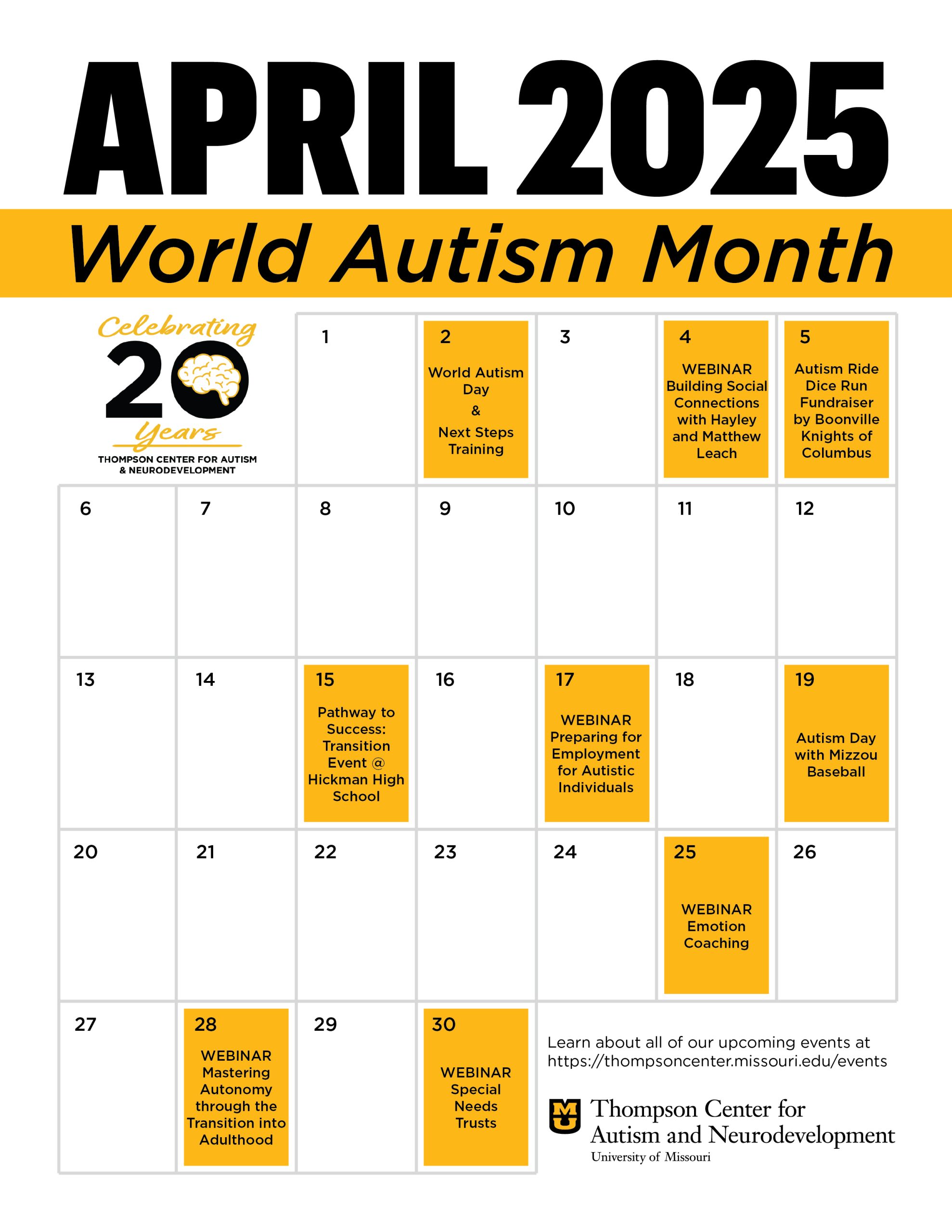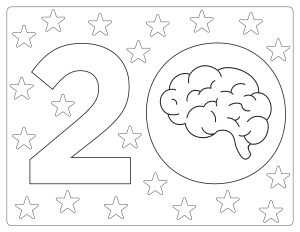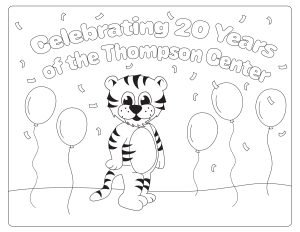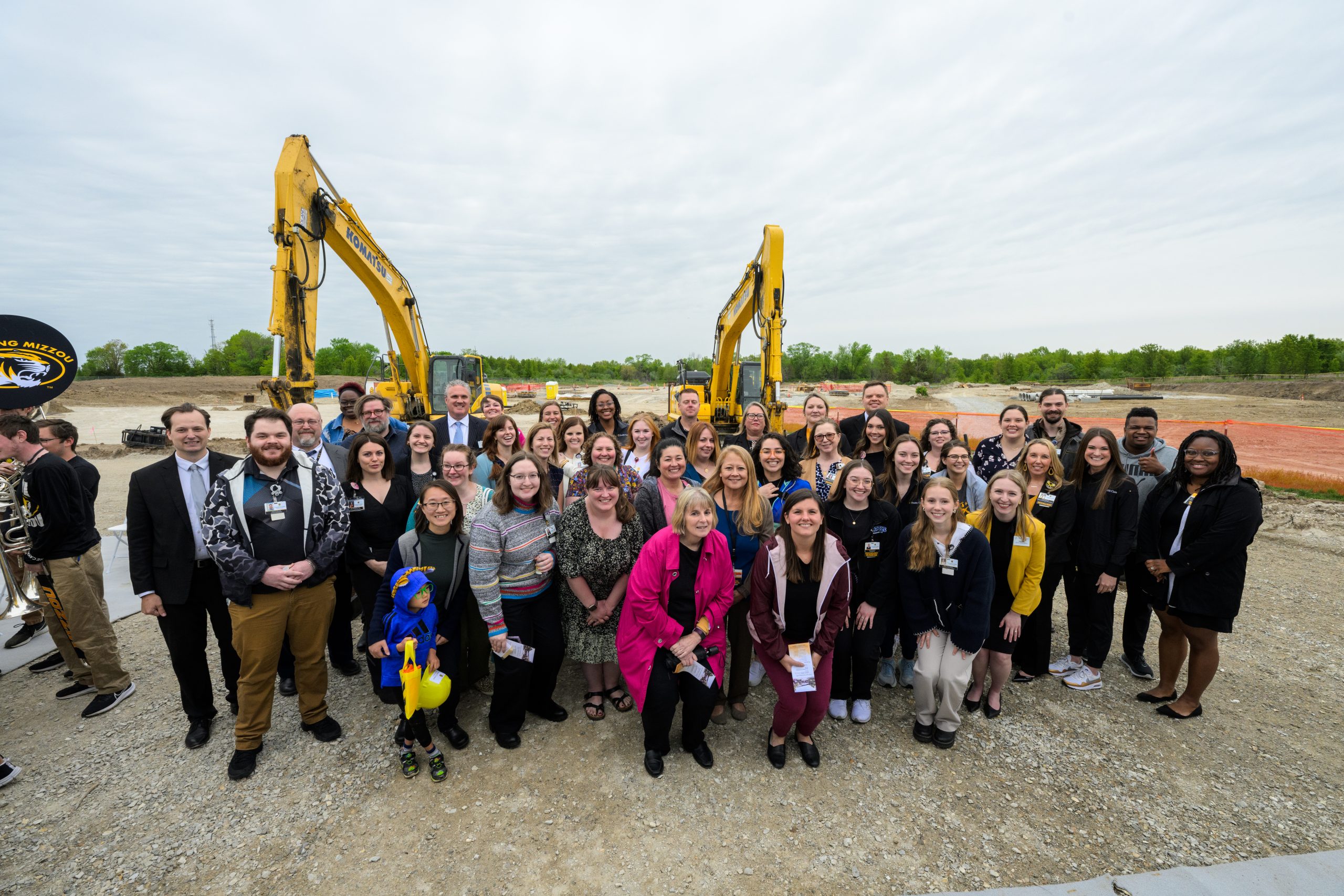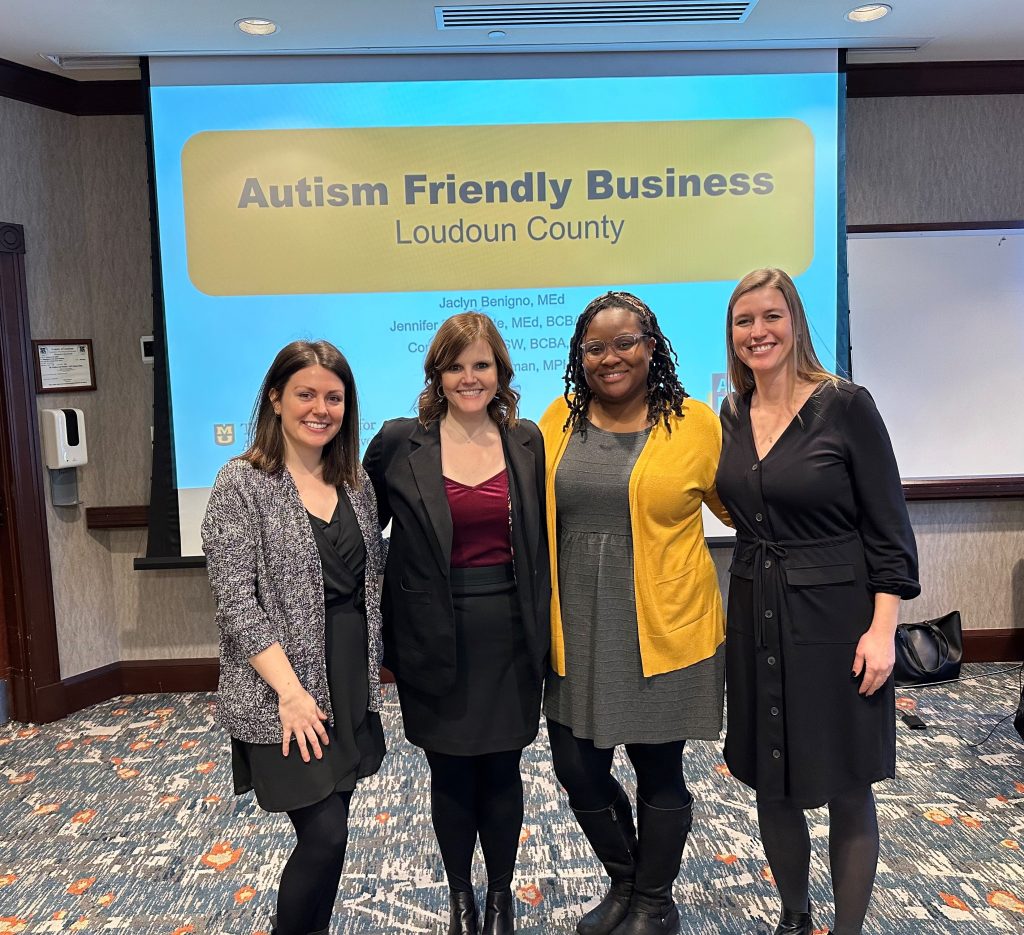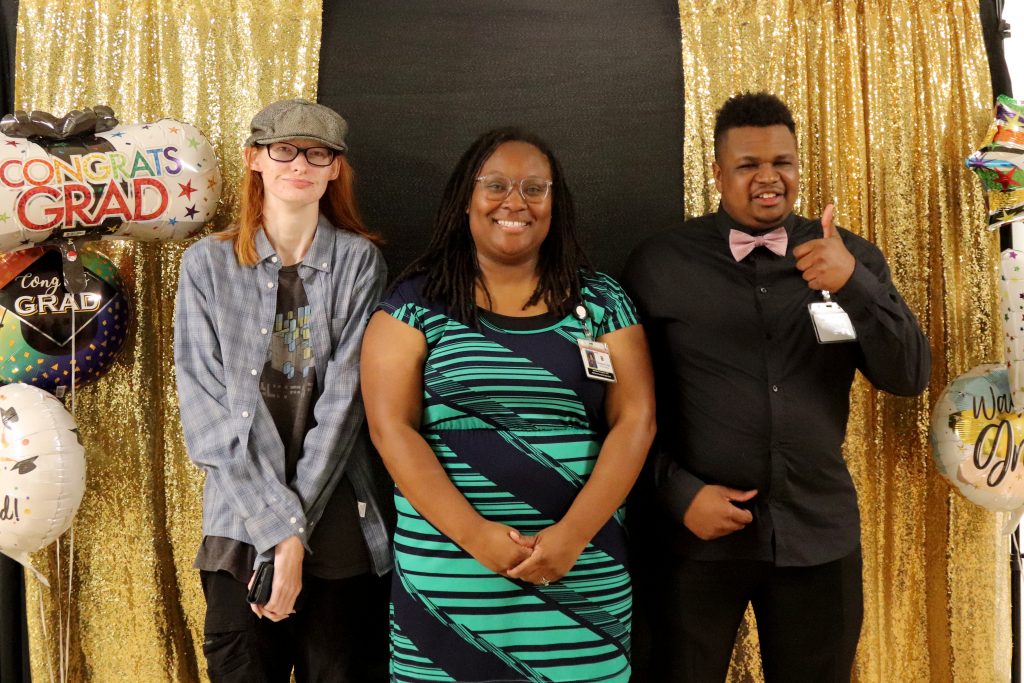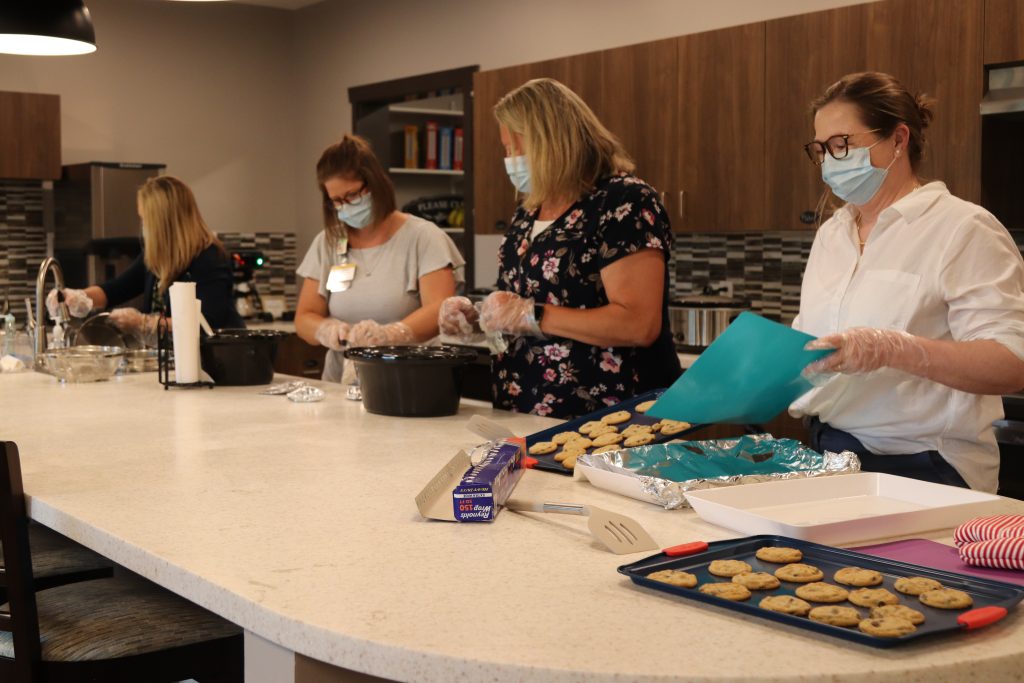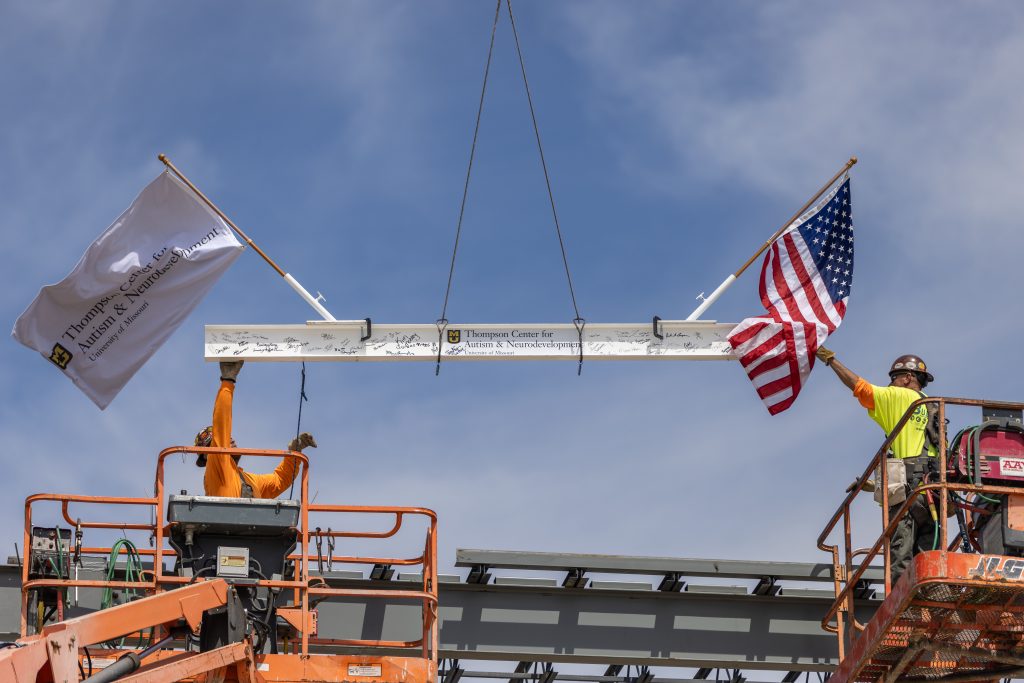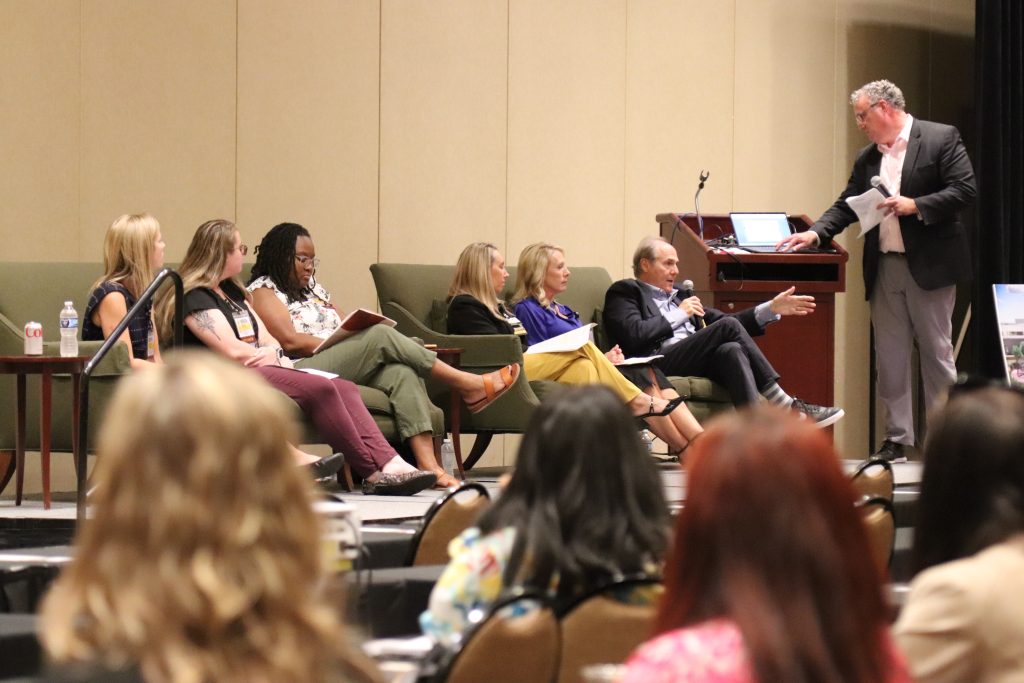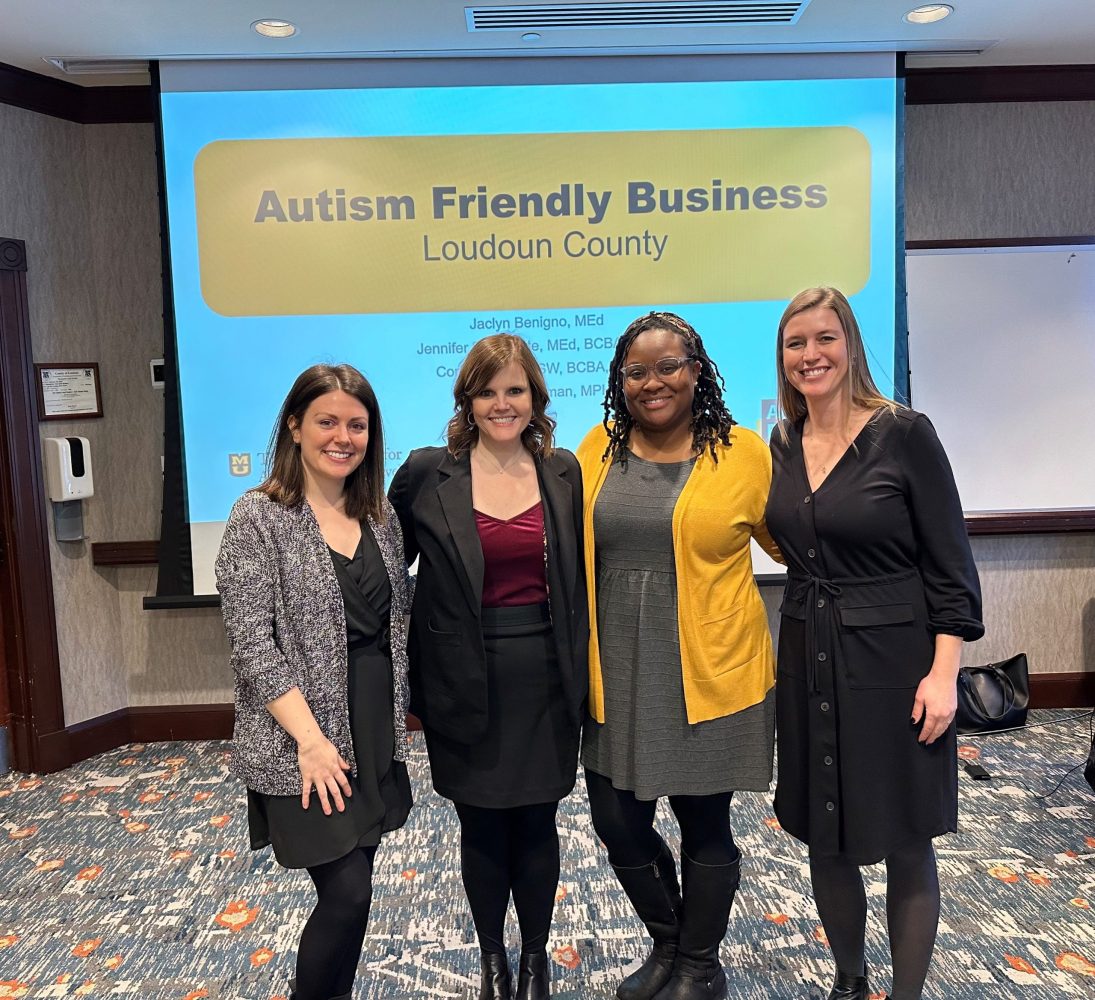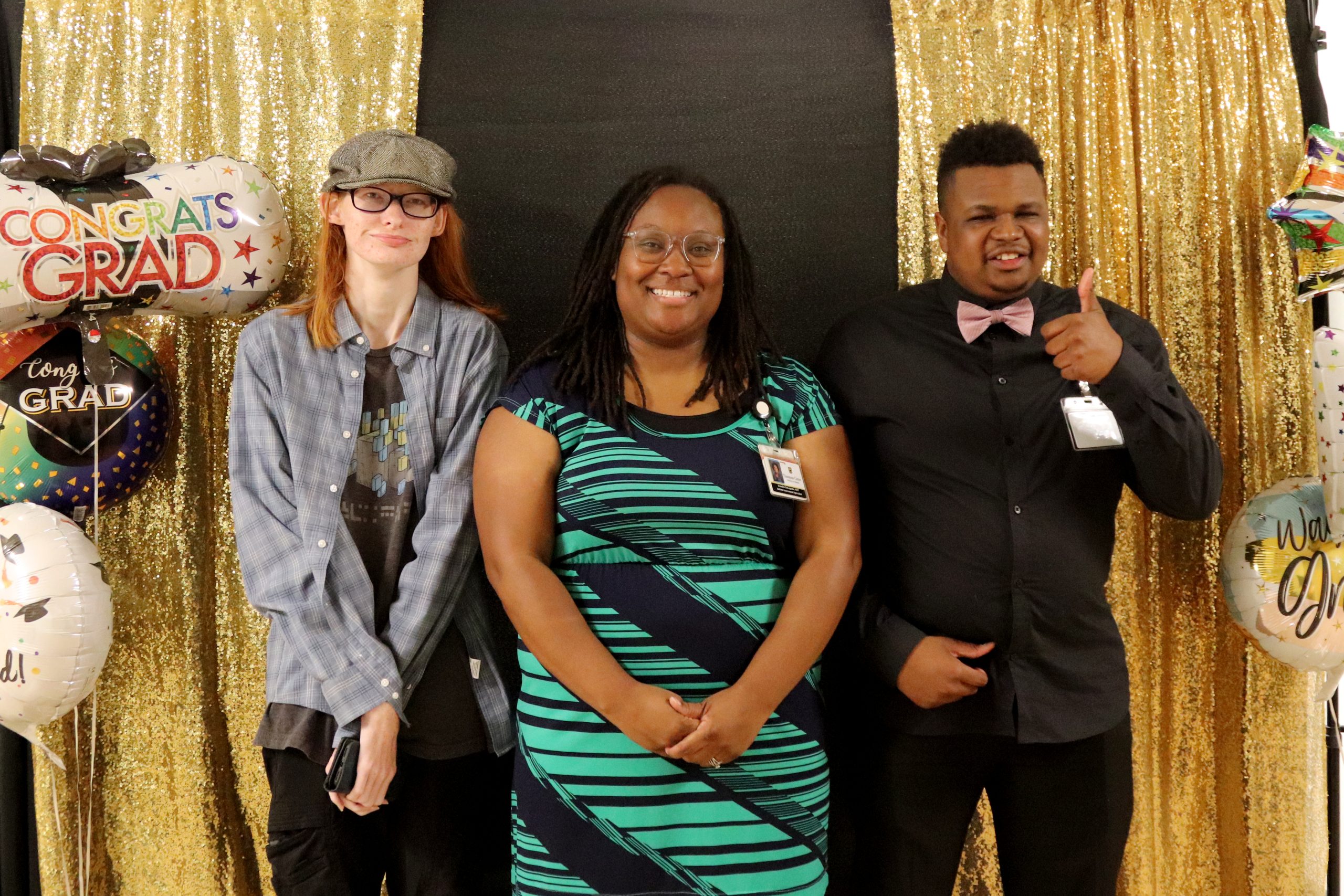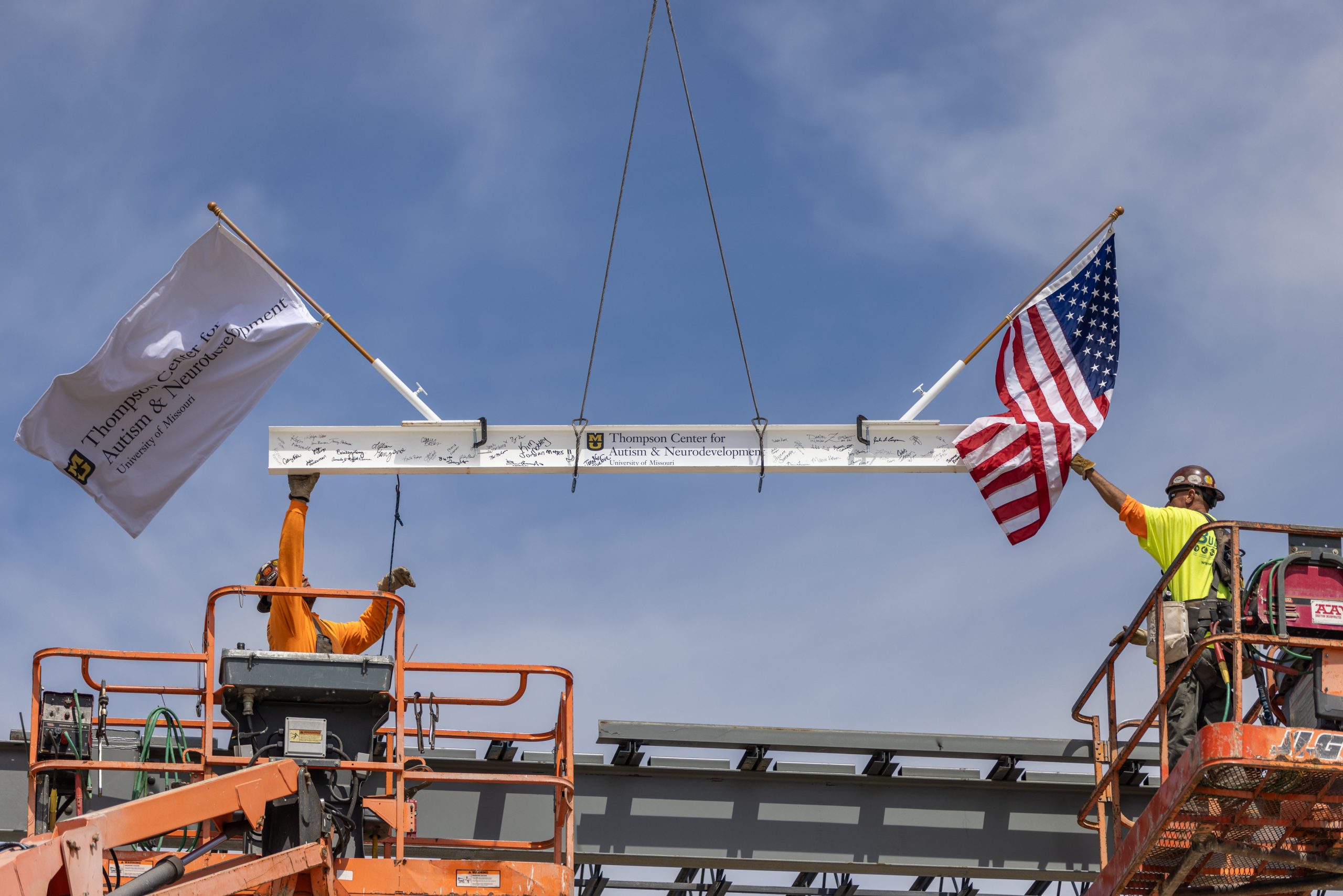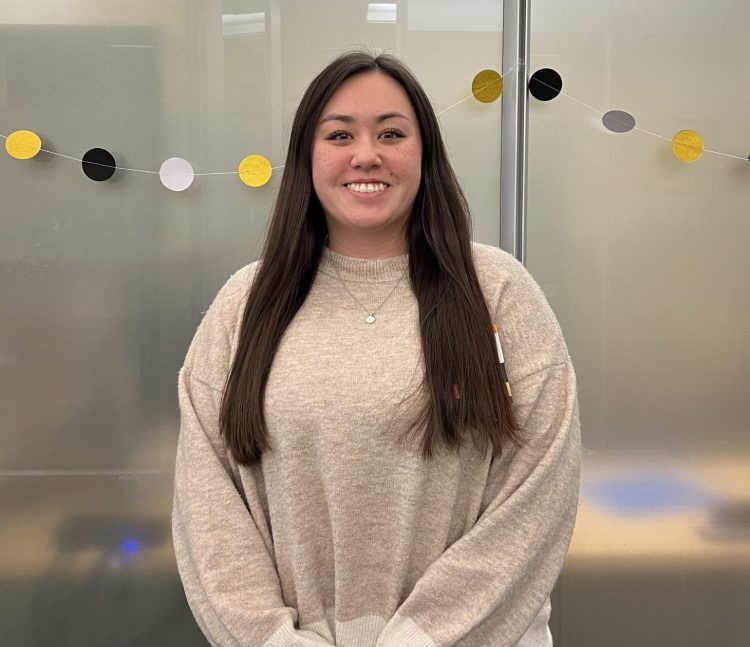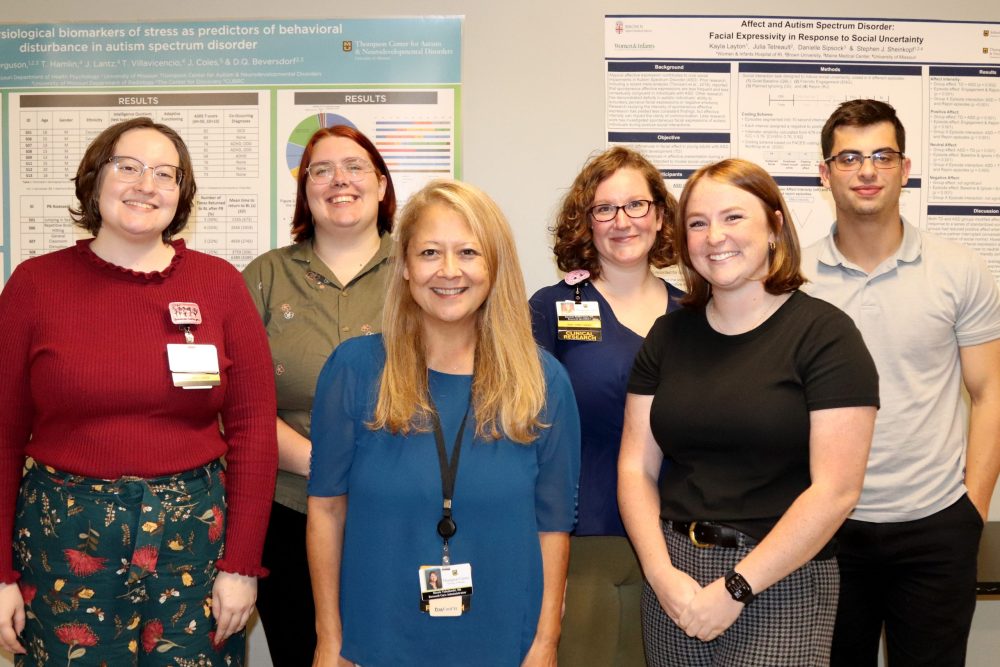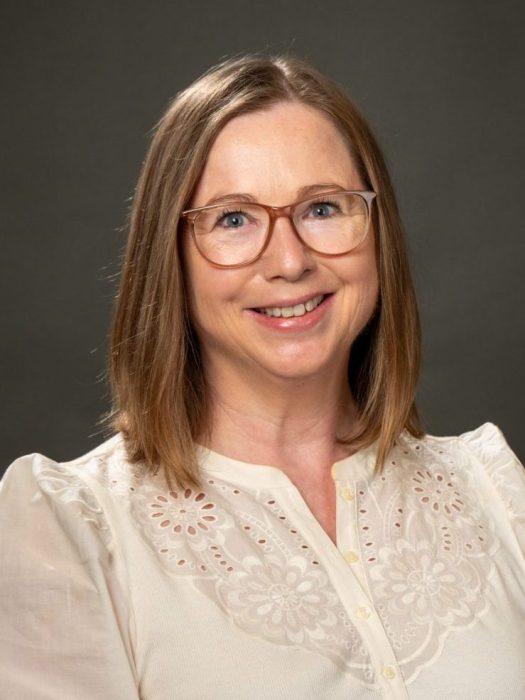In a world overflowing with headlines, health trends, and social media advice, it’s easy to feel overwhelmed by scientific claims, especially those related to autism. You might see a flashy news story touting a “breakthrough” therapy, or come across a study on Facebook that sounds too good—or too alarming—to be true.
Being research literate means knowing how to ask the right questions about science, and it’s more important than ever. As Nicole Takahashi, Research Core Director at the Thompson Center for Autism & Neurodevelopment, explains, “science literacy is no different than other types of media literacy.” Whether you’re reading a news article or a peer-reviewed journal, the key is to remain thoughtful, skeptical, and curious.
Before accepting a research claim at face value, consider the following points from the Thompson Center Research Core team.
Sample Size: Why A Few Isn’t Enough
If a study involves only a small number of participants, its findings may not be reliable. “You can’t make a lot of inferences from just a group of five, or even 100 in some cases,” Takahashi says. In general, larger sample sizes allow for more confidence that the findings apply to a broader population.
Amanda Moffitt Gunn, Research Specialist II at the Thompson Center, adds that a large, diverse sample helps researchers determine whether a result is generalizable. In other words, it helps determine whether it can be used to make predictions about people beyond those included in the study.
Small studies are also more prone to sample bias. As Moffitt Gunn notes, researchers may (consciously or not) select participants likely to produce expected outcomes, which can make results seem stronger than they actually are. For instance, if an autism study only includes participants with strong verbal skills, its conclusions may not truly apply to nonspeaking autistic individuals.
Methodology & Replication Matter
Reliable research should be transparent about its methodology. This includes how participants were selected, what tools were used, and how results were measured. If that information is missing or vague, it becomes difficult to assess the study’s credibility. “If a lot of important details are missing,” says Takahashi, “it makes me wonder, ‘Why aren’t they giving me all of the information?’”
While one well-conducted study can be informative, real confidence comes when independent researchers replicate the results using different methods. “You can be more confident in the findings if multiple, independent groups that were using slightly different techniques all drew the same conclusion,” Moffitt Gunn explains.
Watch for Correlation Confusion
Strong research clearly distinguishes between correlation and causation. Correlation means that two factors appear related. Causation means that one factor directly affects the other. A classic example? Ice cream sales and crime both increase in summer, but that doesn’t mean selling ice cream causes crime.
“Just because two things are related doesn’t mean that one causes the other. And even if it does, a correlation doesn’t show the direction of the causation,” says Moffitt Gunn.
This issue shows up frequently in autism research. For instance, autism symptoms often become noticeable around the same time children receive vaccinations. But that is also when many parents complete developmental screenings like the M-CHAT. “Parents may be alerted to symptoms that were already there because they were at a routine doctor’s appointment, where they also happened to receive a vaccination,” Moffitt Gunn explains.
Another example: children with autism are statistically more likely to have older fathers. That’s a correlation, not proof that paternal age causes autism.
What Do the Experts Think?
For those without scientific training, it can be difficult to determine whether a study’s methods and conclusions are valid. That’s where peer review becomes essential. Peer review is the process by which other experts evaluate a study before it is published, providing a critical quality check. If a claim does not reference a peer-reviewed journal, that’s a red flag.
Consider the Motives & Marketing
Sometimes, research is driven more by commercial interests than by scientific inquiry. Bailey Long, a Research Specialist I, notes that not all studies are neutral—especially when companies fund research supporting the products they sell.
Research Specialist I Jane Manson advises caution when a product is marketed with dramatic or exaggerated claims. “If there’s a claim that a product is a miracle, is going to fix all of your problems, and that’s why you should buy it, that should give you pause in any context,” they said.
Takahashi reminds us that catchy headlines rarely capture the full nuance of research. “I’m guilty just as much as anyone else is of seeing an enticing headline and saying, ‘I’ve only seen the headline, I haven’t had time to research it, but did you see this new thing?’ But I try to always have that caveat that it might not be what it seems.”
Don’t Confuse Popularity With Scientific Proof
Not every popular trend is backed by solid evidence. Weighted blankets, essential oils, or gluten-free diets might help some people, but they are not all supported by strong research. That doesn’t mean they must be dismissed entirely, but it is important to manage expectations and consult healthcare professionals.
As Moffitt Gunn points out, sometimes improvements result from unrelated changes. For instance, a child may appear to benefit from a casein-free diet not because the diet affects autism symptoms, but because the child was lactose intolerant and simply feels better. “If something works for one family, that’s great for them. But it doesn’t necessarily mean that we can use that as a basis to make recommendations to a large swath of people,” she says.
Stay Skeptical (Even of Things You Agree With)
“It’s good to keep a mindset of being skeptical,” says Dakota Fields, Research Specialist II. “Try to be mindful, even for sources you do trust—try not to take anything at face value. You don’t want to be susceptible to misinformation just because it aligns with something you already believe in.” Being research literate means asking tough questions and being willing to challenge your own assumptions.
The Bottom Line
You don’t need to be a scientist to think like one. With curiosity, caution, and a willingness to ask questions, anyone can become more confident in evaluating research claims. That confidence can help you make informed decisions.
